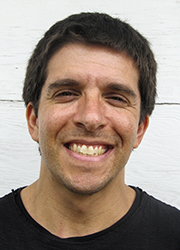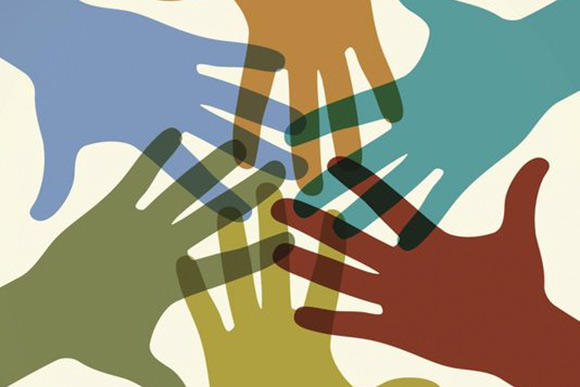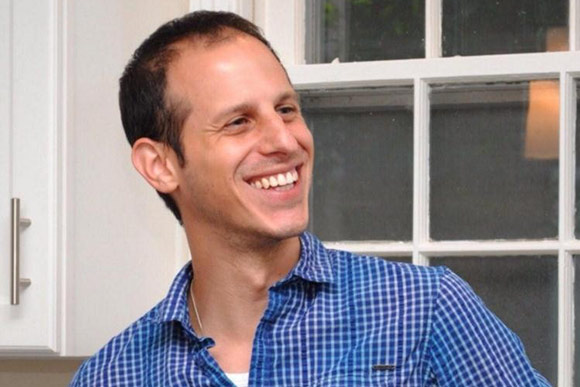Transgender job fair aims to open office doors for an underserved population
Finding employment is a nerve-wracking, demoralizing process for most everyone, but getting a job is especially difficult for transgender people, who experience unemployment at twice the rate of the general population.
Those transitioning their gender may be rejected by companies because of fear, bias or lack of education about transgender issues. An upcoming employment event hosted by The MetroHealth System and LGBT chamber group Plexus is designed to shed light on such concerns.
The Northeast Ohio Transgender Job Fair invites transgender jobseekers to meet potential employers including Progressive Insurance, Cleveland State University and General Electric. Attendees will also engage in workshops on resume writing and hear talks about workplace rights.
"Unemployment and underemployment hit this population in such a significant way," says Ted Rosati, chairperson of MetroHealth's Gay-Straight Alliance, an employee resource group. "We want the community to understand this critical issue."
During the April 23 event, Northeast Ohio employers will meet with an expected 75 candidates over the course of a day-long program. The itinerary includes advice on bolstering interview skills and what to wear for interviews and on the job. A keynote address will be delivered by Diane Dierker, a senior IT applications programmer at Progressive.
Participating companies already have policies in place to support the transgender community. However, the job fair can demonstrate to the wider region problems faced by a historically underserved population, notes Rosati.
According to the Gay & Lesbian Alliance Against Defamation (GLAAD), transgender people are four times more likely to live in poverty. In addition, 90 percent of transgender workers report experiencing harassment or mistreatment at the workplace.
"Even when they get work, it's difficult for them to find a friendly, supportive environment," says Rosati.
Getting in the office door presents challenges not faced by other applicants. For example, a simple background check will reveal the gender with which an interviewee was born, presenting a situation to which few hiring managers are accustomed.
"If people don't have experience interacting with the transgender community, there may be a built-in prejudice on what that person is like," Rosati says.
Restroom access can be another major hurdle to employment, says Lourdes Negrón-McDaniel, director of inclusion and diversity at MetroHealth.
"There's a thought from (managers) that if you let a transgender person in the bathroom, that will cause issues with other employees," Negrón-McDaniel says.
Employers are only hurting themselves by not dipping into this talented pool of people who are eager to work, job fair officials say. For now, MetroHealth and its partners are pleased to give Cleveland's transgender community a fighter's chance to secure employment.
"This is a population that deals with the same issues every day," says Marian Lowes, MetroHealth's manager of employee communications. "That's what we're trying to stop."



